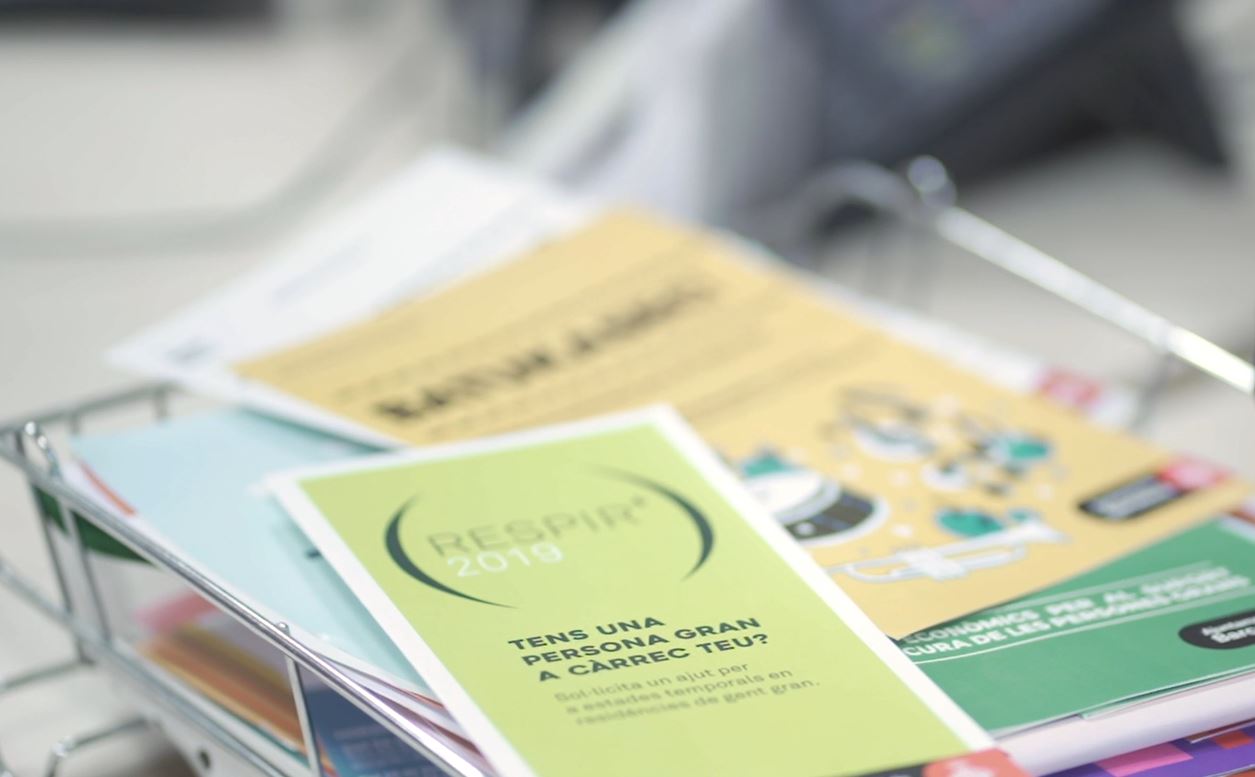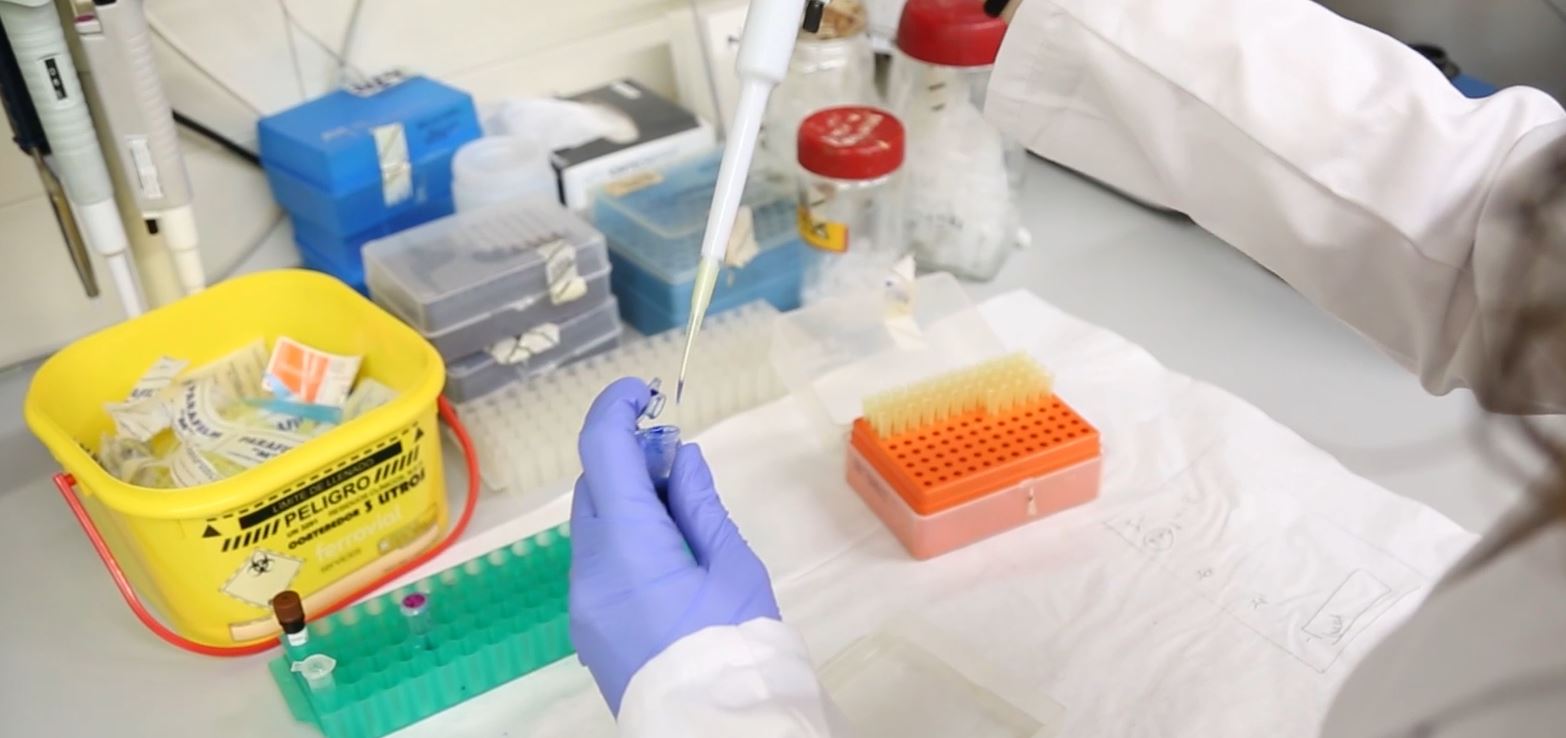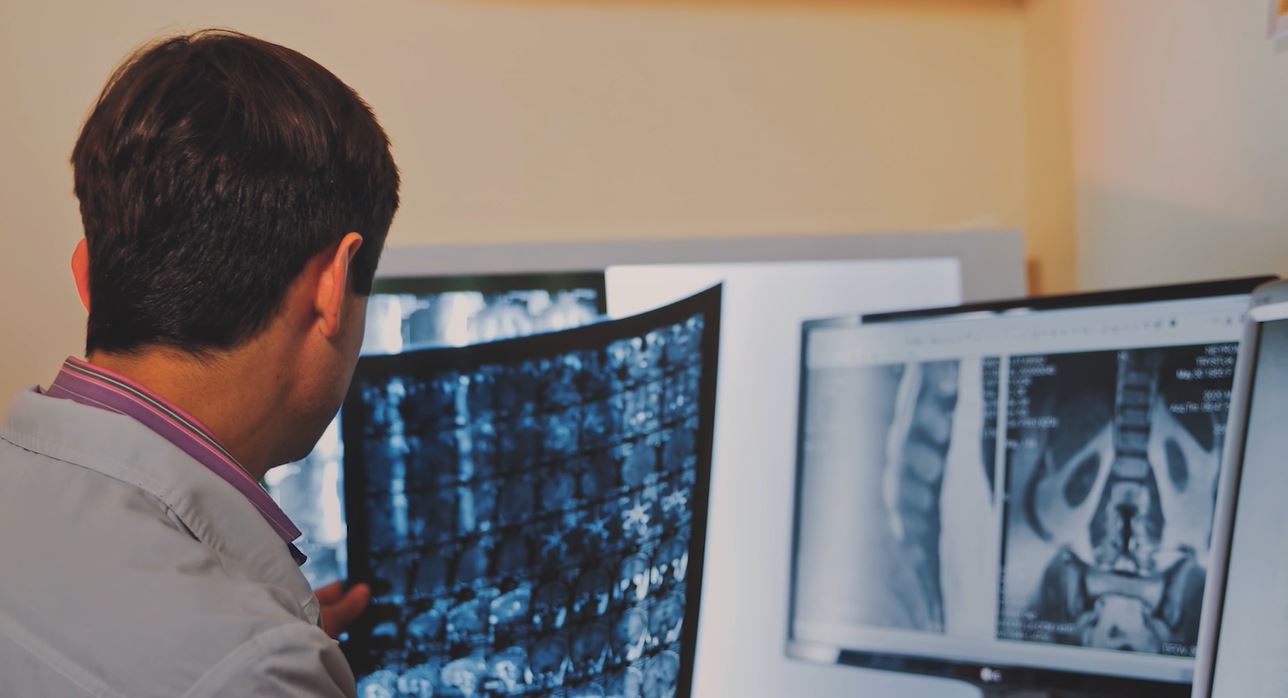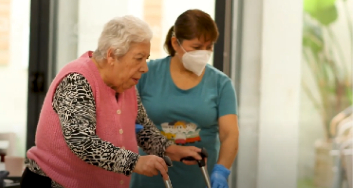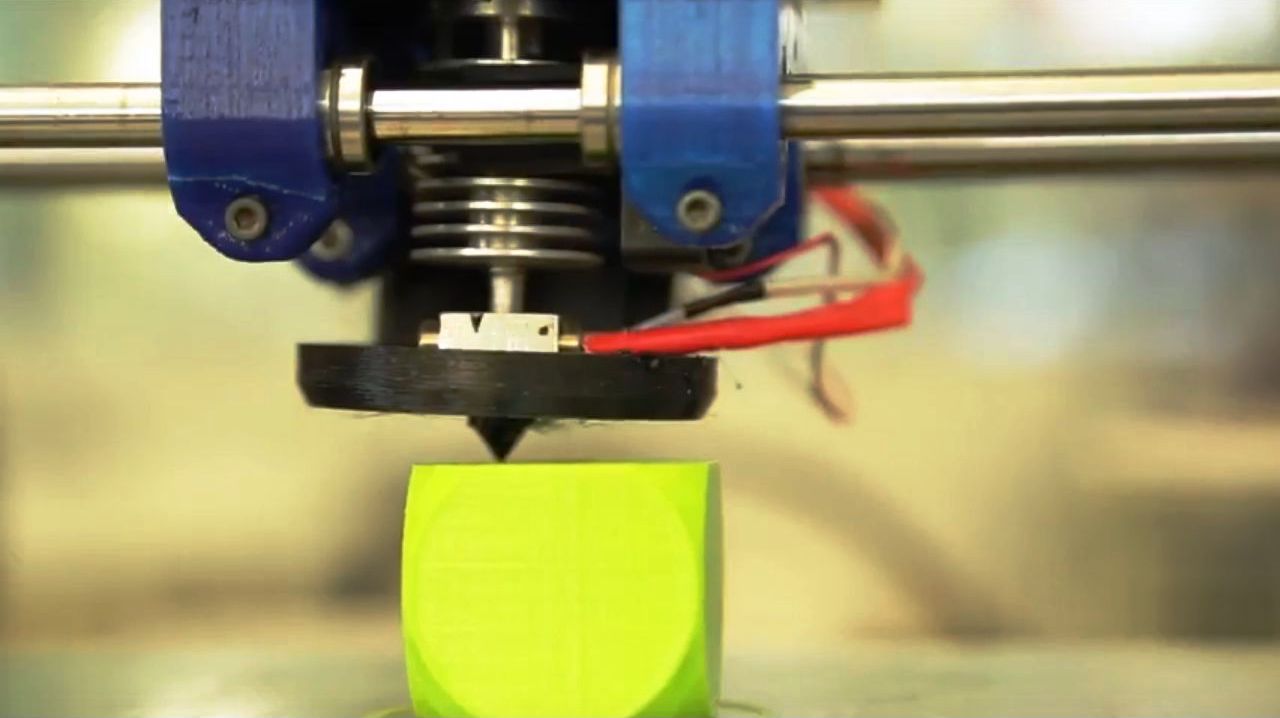
Drug development technician.
Other denominations
Formulation technician; Expert in pharmacokinetics and metabolism; Pharmaceutical development technician.
Description
The development of a new drug involves a process that includes studying its reaction to different pathologies and evaluating its side effects. A drug's capabilities and effectiveness largely depend on its final presentation, how it is taken and the components accompanying the active ingredient. Drug development technicians are in charge of optimising the various stages leading to the final prodcut, including formulation and stability, studying its pharmacological activity and pharmacokinetics (absorption, distribution, metabolism and excretion) and obtaining the final dosage form or pharmaceutical development (tablets, injectables, creams, etc.). Their role is a bridge between different departments involved in pharmaceutical development, as they work closely with research staff, analytical development technicians, clinical trial monitors, production heads and experts in registrations. All studies should be conducted according to current quality standards described in the company's Quality Control Systems Handbook, to standard operating procedures and to detailed instructions in external reference documents (good laboratory, manufacturing and clinical practices, ICH, Phamacopoeia and other specific guides and standards).
Tasks
- Supervise the design and implementation of formulation studies and pharmaceutical development.
Coordinate the design of formulations and the perfection and validation of the scaling processes and manufacturing of formulations.
Perform activities and experiments supporting development of the formulation and dosage form, including determinations of solubility, compatibility studies, biodegradation, formulation sampling, temperature cycles and physical evaluation of the products.
Establish the physico-chemical and pharmacotechnical specifications of new developments.
Coordinate stability studies of new drugs.
Supervise the work of analysts and operators assigned to development. - Conduct pharmacological and pharmacokinetic studies under rules of good laboratory practices, and directly supervise the person in charge of the study.
Approve study protocol, write related Standard Operating Procedures (SOPs) and record original data generated.
Conduct pharmacological, toxicological and metabolic studies in cell cultures and animal models for the different diseases.
Coordinate necessary tasks and timing until obtaining final reports.
Interact and communicate with workers in the same and other related departments to ensure timing will be met.
Evaluate results from pharmacokinetic, toxiconetic and metabolic studies using mathematical analysis models of linear and non-linear regression, including estimation of pharmacokinetic parameters, conducting of simulations and determination of enzyme kinetic parameters. - Help draft and review protocols for clinical studies phase I, II and III.
Prepare samples for clinical testing.
Stay in contact and collaborate with the clinical trial monitor, the head of medical affairs, the biostatistician and the metabolism specialist to design different protocols.
Interpret pre-clinical and patient data in phase I to optimise dose, kinetic studies and presentations of the drug in the next stages and compile data and analysis methods used.
Create kinetic models to simulate and predict drug concentration, activity and effects.
Collect data and analyse the pharmacokinetic parameters of the different phases.
Solve technical problems using statistical methods to evaluate and validate models.
Be aware of the responsibilities of each department in data collection and analysis and data validation techniques. - Prepare reports on clinical studies, technical presentations and biopharmaceutical sections of drug registration documents.
Bring together all information in a clear and concise manner.
Interpret study results and draw conclusions based on objectives posed.
Provide regular reports based on the key results of the project.
Be aware of regulatory requirements and regulations for drug registration. - Provide technical support in the manufacturing process (scaling, pilot batch production and manufacture of the first regular production batches) and in the commercial launch of the new drug, once it has been registered and the feasibility of its production has been assured.
- Publish work depending on regulations and the degree of confidentiality necessary.
Assess technical literature in the field.
Integrate all analyses and interpretations in final reports.
Collaborate in obtaining patents.










 | Catalan | Beginner
| Catalan | Beginner | Catalan | Advanced
| Catalan | Advanced
 Open
Open | English | Beginner
| English | Beginner